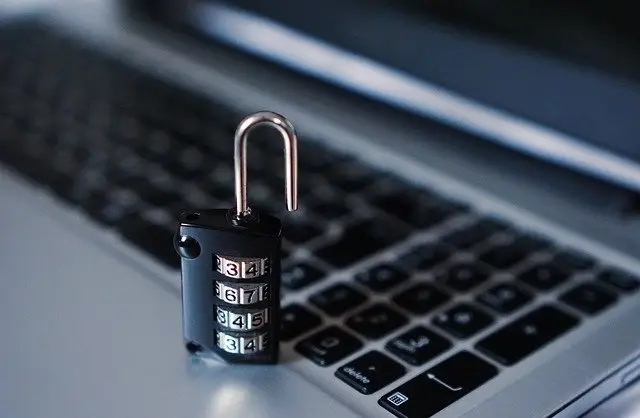
Cloud computing has developed immensely since its introduction in the 1990s, with it now providing unrivalled IT security across hundreds of industries and niches. Cloud providers such as Microsoft Azure continuously review and enhance, deploy updates and patches without you needing to worry, which in turn keeps your business at the forefront of data security.
With computing security recently coming under fire, we’ve created this in-depth guide to outline how secure the cloud really is and what makes it such a powerful tool for businesses.
What is cloud computing?
Cloud computing in layman’s terms is the on-demand availability of computer systems such as computing and data storage, power and databases through a pay-as-you-go pricing system.
Available to all types of businesses in the UK, it offers organisations of all sizes and types a cost-effective solution to a variety of computing problems. As the name suggests, cloud computing is a solution that isn’t physically in your office or building – it is powered in other locations across the globe by providers such as Microsoft Azure and Amazon Web Services (AWS).
To find out more about cloud computing and the different types available to businesses, see our business-owners guide.
How secure is the cloud?
It’s fairly common for those researching cloud computing solutions to wonder whether their data will be safe and secure if it’s stored in a cloud system – after all, there are going to be a lot of files, photos and videos on the servers!
In short, the data that you save on a cloud-based system is not always 100% secure, but it is the most secure and efficient way to save files, photos and other pieces of data digitally. Cloud storage providers regularly update their security systems to minimise the risk of malware, cyber-attacks and other forms of retrieving data, so you can be sure a cloud system is the best way to store your data.
What makes cloud security so powerful?
Cloud providers are constantly innovating on ways to improve security and reduce the risk of cybercriminals gaining access to their virtual servers causing data loss and data breaches.
Regular security updates
As part of a cloud computing package, the provider will automatically keep your system up-to-date with the latest and greatest technology and security measures in your region. Security updates and patches are continuously rolled out and after the initial deployment, the impact will be reviewed and improved upon in later updates.
Built-in firewalls
Cloud providers rely on firewalls to help protect your files against malware and cybercriminals. Firewalls, which can be hardware- or software-based, apply rules to all of the traffic coming into a network. These rules are designed to filter out suspicious traffic and to keep your data behind the wall. This makes it more difficult for hackers to slip malware or viruses past the security measures used by your cloud service provider.
Backed-up data
If you’re a business that is scaling quickly are looking into cloud computing providers, make sure you only work with providers that back up your data – you don’t want all your sensitive data stored on just one individual server. If that one server goes offline or gets compromised by a cyber-attack, you won’t be able to access your data.
A top tip is that you should also consider backing up the most sensitive information on your own external hard drives even if you are saving it in the cloud, this way, you’ve backed up your data on different systems and data centres.
Two-factor authentication
Whilst this method is something the user can include in their cloud system, it is a great way to keep your files safe. You’ve most likely seen two-factor authentication in practice hundreds of times, but not fully understood the reason behind it.
If you log in to a public, private or hybrid cloud with just your email and password, this could be compromised by hackers and harmful malware. With two-factor authentication, you’ll complete this action first, and then a text message, email code or another form of identity confirmation will be sent to authenticate the person logging in. This additional security measure makes it more difficult for hackers to get at your business emails, personal information or other data stored on the cloud.
